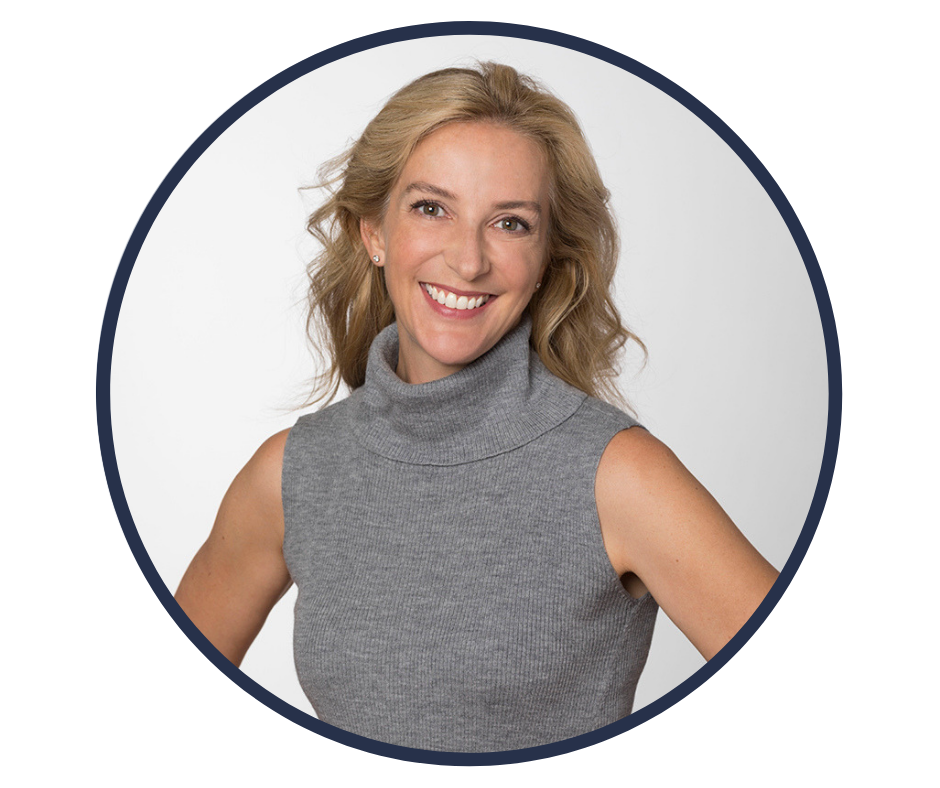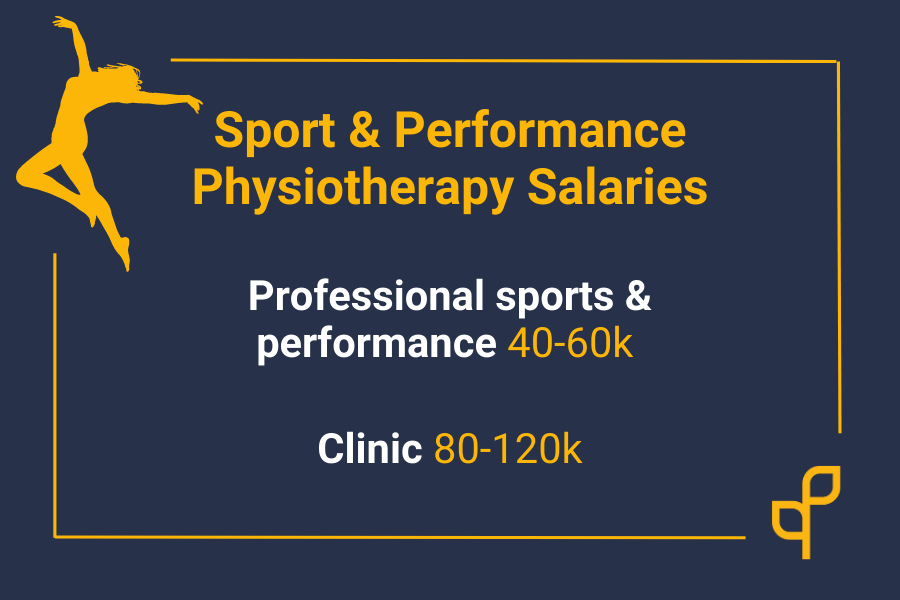A Guide to Working in Sport and Performance Physiotherapy
By: Dinah Hampson, BA, BSc.PT, FCAMT, RISPT ∙ Estimated reading time: 3 minutes
By: Dinah Hampson, BA, BSc.PT, FCAMT, RISPT ∙ Estimated reading time: 3 minutes
Sport and Performance Physiotherapy is not Normal
Sport and Performance Physiotherapy is the area of physiotherapy that focuses not only on injury management and recovery but also on optimizing performance beyond normal to extraordinary.
Normal doesn’t win medals and competitions.
Normal doesn’t accomplish astonishing feats of physical performance.
Sport and Performance Physiotherapy strives to push the limits of joint range, muscle power, neural speed, and full body system coordination to excel at new levels without sustaining injury.
Sport and Performance Physiotherapy is using all the skills and knowledge of injury recovery to achieve repair and beyond return to “normal” in conjunction with reaching new goals for each individual in the very specific demands of their specific sport and performance.
Why Choose Sport and Performance Physiotherapy
People often choose to work in sport and artistic athletic performance when they have had personal experience in these areas that have brought joy and meaning to their own lives. Choosing to give back to the disciplines they excelled in, gives great purpose to physiotherapists now contributing as experts rather than as athletes.
People who are high achievers also choose to focus on high performance because they appreciate the athlete mindset and show great empathy toward their patients.
Sport and Performance physiotherapy attracts candidates with high energy, creative thinking skills, and a sense of adventure. Physiotherapists who want a challenge and are prepared to put the work in to accomplish their goals will do well in Sport and Performance Physiotherapy.

10 Steps to Becoming a Sport and Performance Physiotherapist
- Get involved in the professional associations of Sport and Performance Physiotherapy (Sport Physio Canada, International Association of Dance Medicine and Science, Performing Arts Medicine Association) to meet like-minded colleagues and connect with others in the field.
- Take the Sport First Responder course so that you can help out with event coverage.
- Find a job at a clinic with a Sport Physio Canada Diploma Physiotherapist who can mentor you.
- Take a taping skills course and buy a box of tape to practise with your friends.
- Start collecting items you’ll need for a sideline event coverage kit (scissors, band-aids, tensors…) and start a knapsack that you can take with you. Pro tip - organize supplies in clear Ziploc bags!
- Go watch sports and performances that are new to you. For example, if you’re a dancer, go watch a lacrosse game. If you’re a rugby player, go watch artistic swimming.
- Ask your mentor and your new contacts in High Performance if there are any events you could help out with. Be prepared to spend your weekends and evenings at events. This is the reality of Sport and Performance Physiotherapy - good thing we love it!
- Register for the Sport Physiotherapy Core Competency course - you will need to complete this to do your exams.
- Keep track of your event coverage/experience and review regularly with your SPC mentor in preparation for your exams.
- Take your exams and enjoy the achievement!
Job Options and Salaries
Job opportunities in Sport and Performance Physiotherapy are plentiful as there are many humans who enjoy active living and high performance.
The vast majority of community clinics will have room for active orthopaedic physiotherapists. There are opportunities to work directly with sports associations (professional and national teams) and with companies like the Canadian Sport Centres or High-Performance training centres like Canada’s National Ballet School.
Your earnings will vary based on the setting within which you work. The tradeoff for working in professional sports and performance is a cool and unique environment but a lower salary of 40-60k, unstable hours, and frequent travel.
The tradeoff for working in more of a clinical setting is a more general performance clientele but more stable hours and a higher salary of 80-120k.
If you're interested in working at Pivot Sport Medicine with Dinah Hampson (author of this blog), click here to learn more and apply!
Other Considerations and Conclusion
Sport and Performance Physiotherapy is fun. If you don’t think it’s fun, this is not the right area of practice for you.
If you are interested in excellence for both yourself and your patients and you enjoy a front-row seat to amazing human accomplishment, this is the right area of practice for you.
Pro tip - people who embody these four As of physiotherapy; being; Afable, Able, Adventurous, and Available will do great in Sport and Performance Physiotherapy.
Check out great Sports and Dance Physio
courses from Dinah on Embodia!
---
Date written: 29 May 2023
Last update: 09 December 2025

BA, BSc.PT, FCAMT, RISPT
FOUNDER Pivot Dancer
Registered Physiotherapist
Dip. Manual & Manipulative Physiotherapy, Dip. Sport Physiotherapy, Progressive Ballet Technique (PBT) Certification Jr to Advanced levels, Certified pelvic physiotherapy, 4Pointe Level 1 instructor
Dinah Hampson is a registered physiotherapist with 30 yr experience working in high performance orthopaedic practice. In addition to daily clinical practice, Dinah remains on faculty at the University of Toronto, is an examiner for the Canadian Sport Physiotherapy division, a regular speaker at International Association of Dance Medicine Science and Performing Arts Medicine meetings, and is one of 6 physiotherapists in the world currently qualified to instruct 4Pointe syllabus. Dinah was classically trained in ballet and is adept in working with all sports. Dinah has been an active member of the Canadian Medical teams for many multisport games including; Olympic, Paralympic, Pan America, World University, Youth Olympic and Commonwealth Games. Dinah is the founder of Pivot Sport Medicine in Toronto, Ontario where she continues a busy clinical practice, and Pivot Dancer where virtual delivery of care is her focus.

